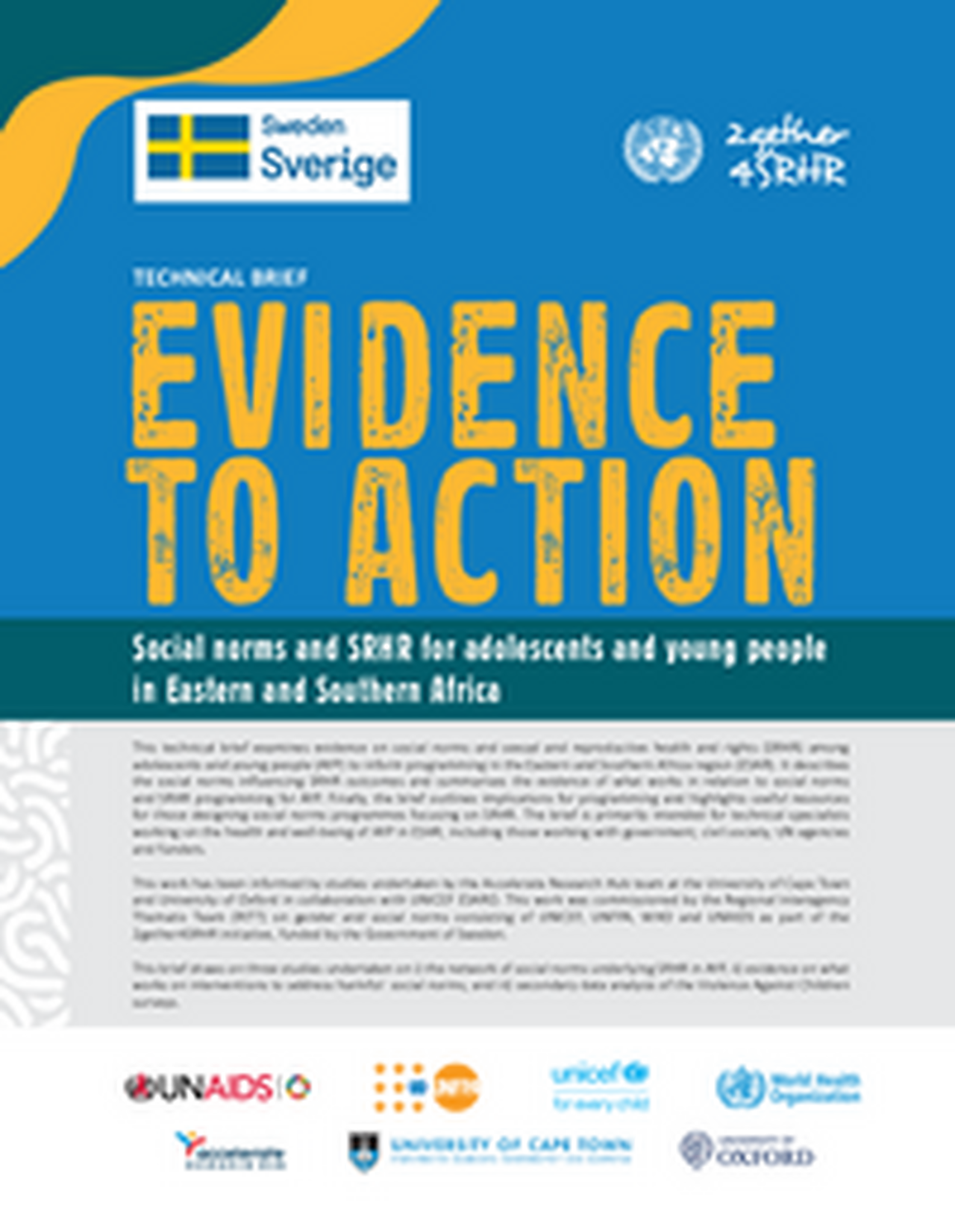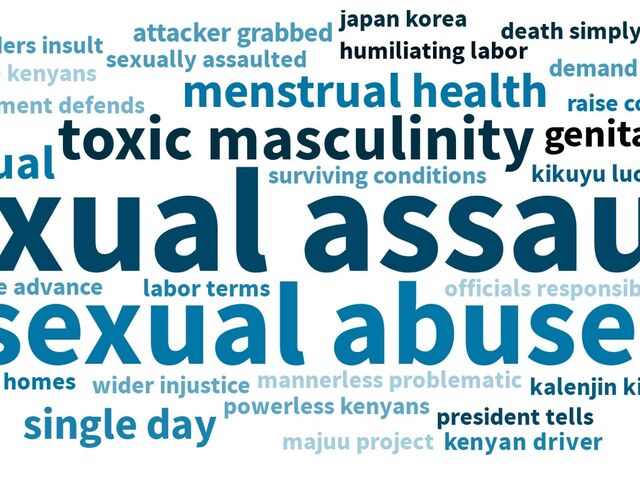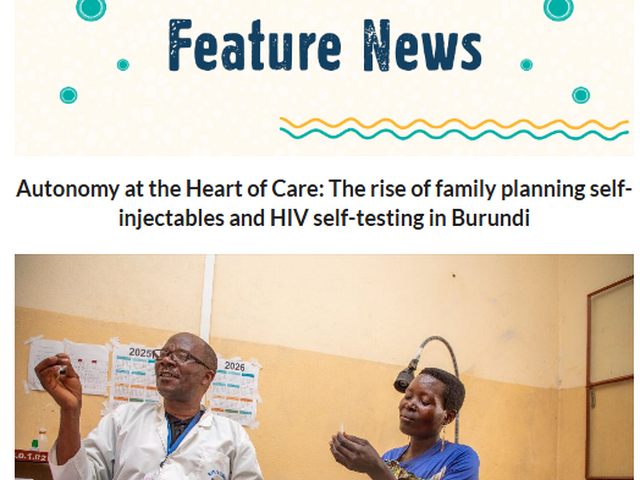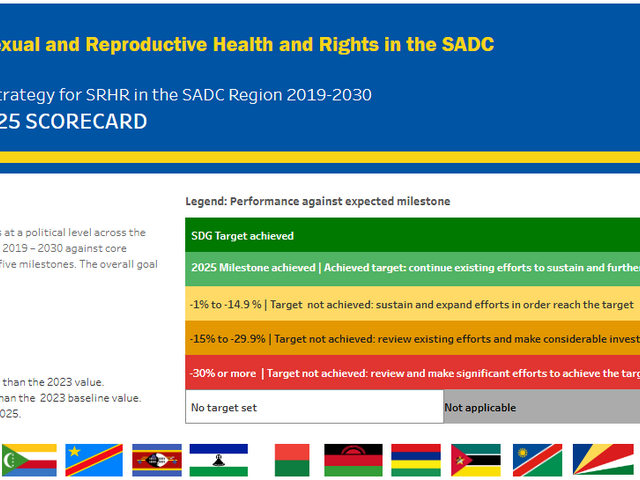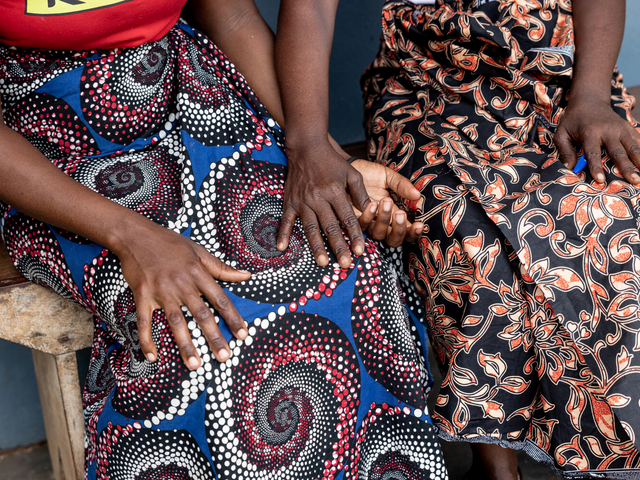Transforming Social Norms: A Key to Sexual and Reproductive Health in East and Southern Africa
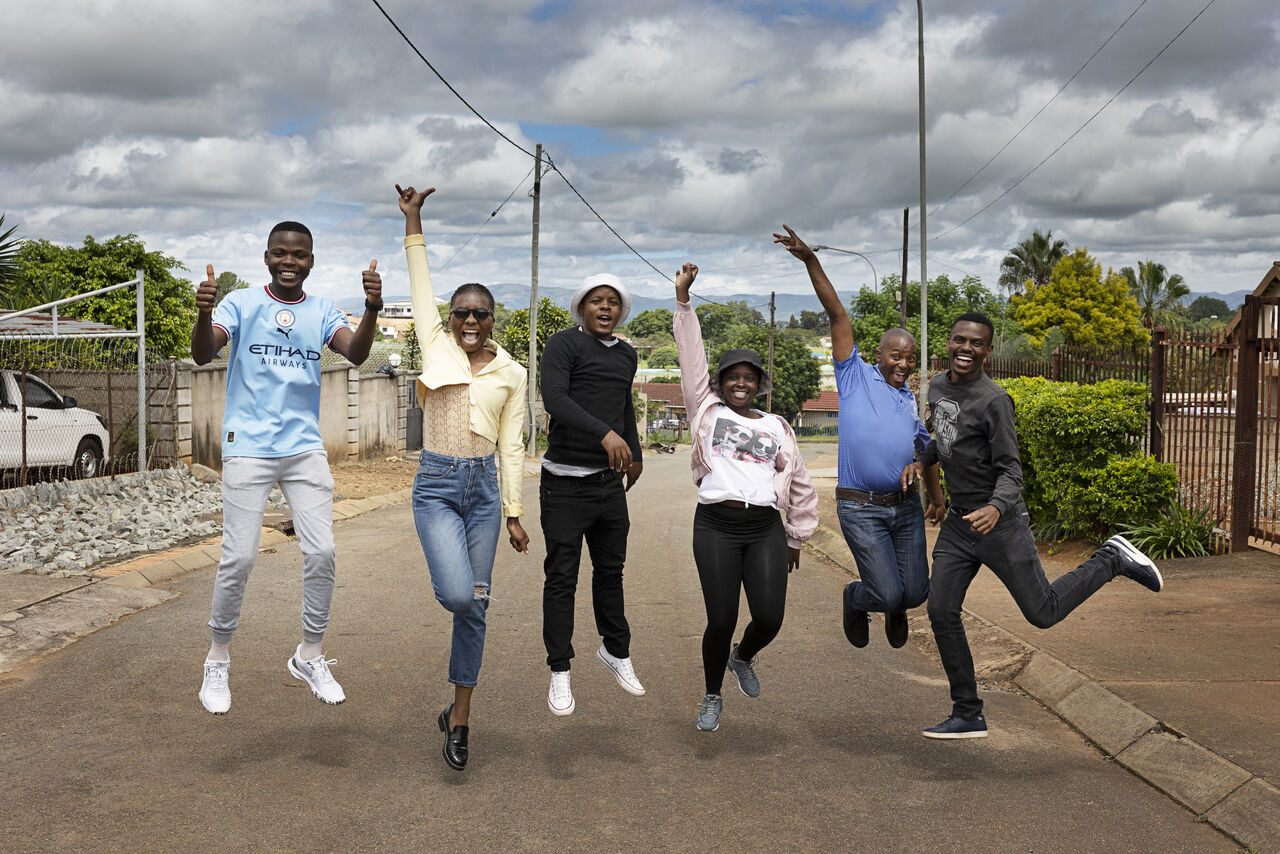
Sexual and Reproductive Health and Rights (SRHR) means having control over our bodies, choosing when and if to start a family and being protected from gender-based violence and sexually-transmitted infections like HIV, amongst other issues. However, these rights are not always guaranteed and programmes like 2gether for SRHR are working to change that reality.
Social and gender norms are the unwritten rules that dictate what is acceptable and expected within a community, often restricting autonomy and agency. Harmful social and gender norms continue to influence laws, policies, service delivery, and individual behaviors. In Eastern and Southern Africa, norms around gender, sexuality, age, privacy, and ability shape behaviour and institutional responses, from healthcare to education to justice. These norms suppress the agency of adolescents and key populations in particular.
Norms change is not optional. It is essential to achieving Universal Health Coverage and the Sustainable Development Goals on health and on gender equality. The cost of inaction is high, spelling continued cycles of violence against women and girls, preventable HIV infections, poor health outcomes, lost productivity and persistent inequality for vulnerable groups across the region. Unless we address the invisible rules that shape access, agency and protection, progress towards agenda 2030 will remain stalled.
2gether 4 SRHR is committed to embedding gender and social norms insights into SRHR interventions. In May 2025, the programme hosted a workshop to review the latest evidence and best practice. At the Nairobi meeting, United Nations agencies and partners, the African Union and Regional Economic Committees, Civil Society, international, regional, and national research institutions, professional institutions, faith-based organisations and multiple youth networks contributed learnings and made commitments.
A review of evidence of what works when it comes to social norms programming has been summarised on the 2gether 4 SRHR Knowledge Hub. The following reports are a synthesis of the evidence reviewed:
The Network of Norms report which examines the influencing factors on adolescent behaviour, relating to contraceptive use, PrEP (pre-exposure prophylaxis) and violence. It finds that concepts such as adultism, privacy, gender and heteronormativity are most influential on young people’s access to SRHR services.
This Scoping Review of social norms interventions highlights the importance of comprehensive approaches. Programmes that not only focus on changing expectations but also on diffusing and catalyzing change are twice as likely to be effective.
This Evidence to Action technical brief summarises the evidence of what works in relation to social norms and SRHR programming for AYP.
Addressing harmful norms requires strategies that go beyond awareness-raising or service delivery improvements. It involves creating an ecosystem of social support that enables transformation by: changing social expectations; publicising and diffusing positive change and catalyzing and reinforcing change.
As a result of the workshop, a 2gether 4 SRHR Gender Social Norms Policy Brief has been agreed, to guide joint advocacy on addressing harmful social norms. Those designing or implementing Gender Social Norms Programmes may find this Policy Guidance useful.
Representatives attending the workshop committed to taking forward the recommendations. Whether their work is in government legislation, policymaking, mobilising resources, designing programmes, training facilitators, hosting community dialogues, engaging young change-makers or public campaigning, progress is possible.
Addressing the normalisation of violence of women
Magdaline Kipkenei, Deputy Director in the Government of Kenya’s State Department for Gender & Affirmative Action, said: “The key social norm which is holding back progress is the normalisation of gender-based violence, including femicide, which is on the rise with statistics showing that intimate partners are key perpetrators. Patriarchy also affects women’s access to SRHR services by limiting their decision making, in regard to family planning, child spacing and protection methods, leading to increased exposure to HIV. Generally, women’s subordinate position to men is a hindrance to women in seeking SRHR services.
“The best way to address this is community dialogues and engagement with men and boys, elders and opinion leaders. I am committed to strengthening the implementation of existing laws, learning from peers about the best male engagement programmes, and involving the media in running sensitisation programmes” Ms Kipkenei continued.
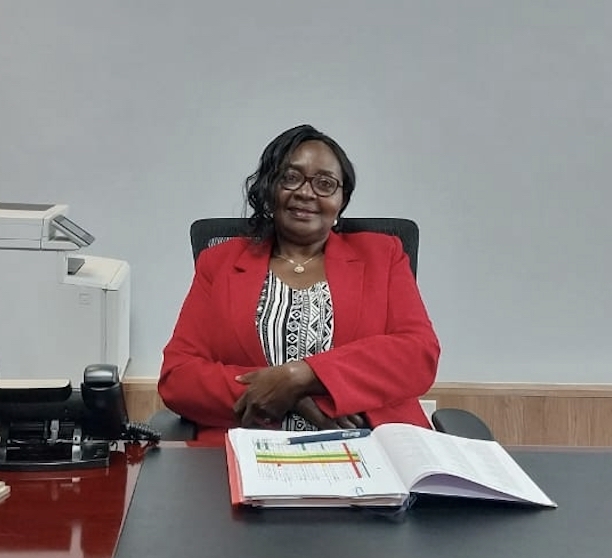
Breaking the culture of silence
Jude Thaddues Njikem, part of the Men Engage Alliance, said: “The culture of silence around SRHR, reinforced by taboos and patriarchal norms, limits open discussion and policy implementation. The solution lies in community-led dialogues, involving religious and traditional leaders, youth, and media, to normalise SRHR conversationsand align policies with local realities. I will be advocating for budgeted national policies that integrate gender norms transformation.”

Wiseman Nyondo, from Youth Forum For National Transformation (YOFONAT) and a member of AfriYAN and the UNITED! Movement, agreed that “shame, and cultural silence surrounding candid conversations about sexual and reproductive health, inhibits people from standing up for their rights or seeking help, restricts access to correct information, and perpetuates negative gender standards.
“I'm determined to start community awareness campaigns that dispel gender stereotypes and encourage candid conversations on SRHR. I will work with youth networks and gender champions in order to establish safe, welcoming spaces where young people, particularly girls, can obtain information, exchange stories, and fight for their rights without feeling ashamed or afraid.” he continued.

Engaging young people meaningfully
Puvii Hengari from AfriYAN said: “The secret is to integrate evidence-based advocacy, strategic alliances, and youth-led storytelling in a way that is community-centered yet respectful to cultural differences. By elevating community voices, supporting healthy role models, and connecting evidence with compelling storytelling that inspires action, I pledge to lead youth-driven, culturally sensitive initiatives that fight the normalization of detrimental cultural practices.”
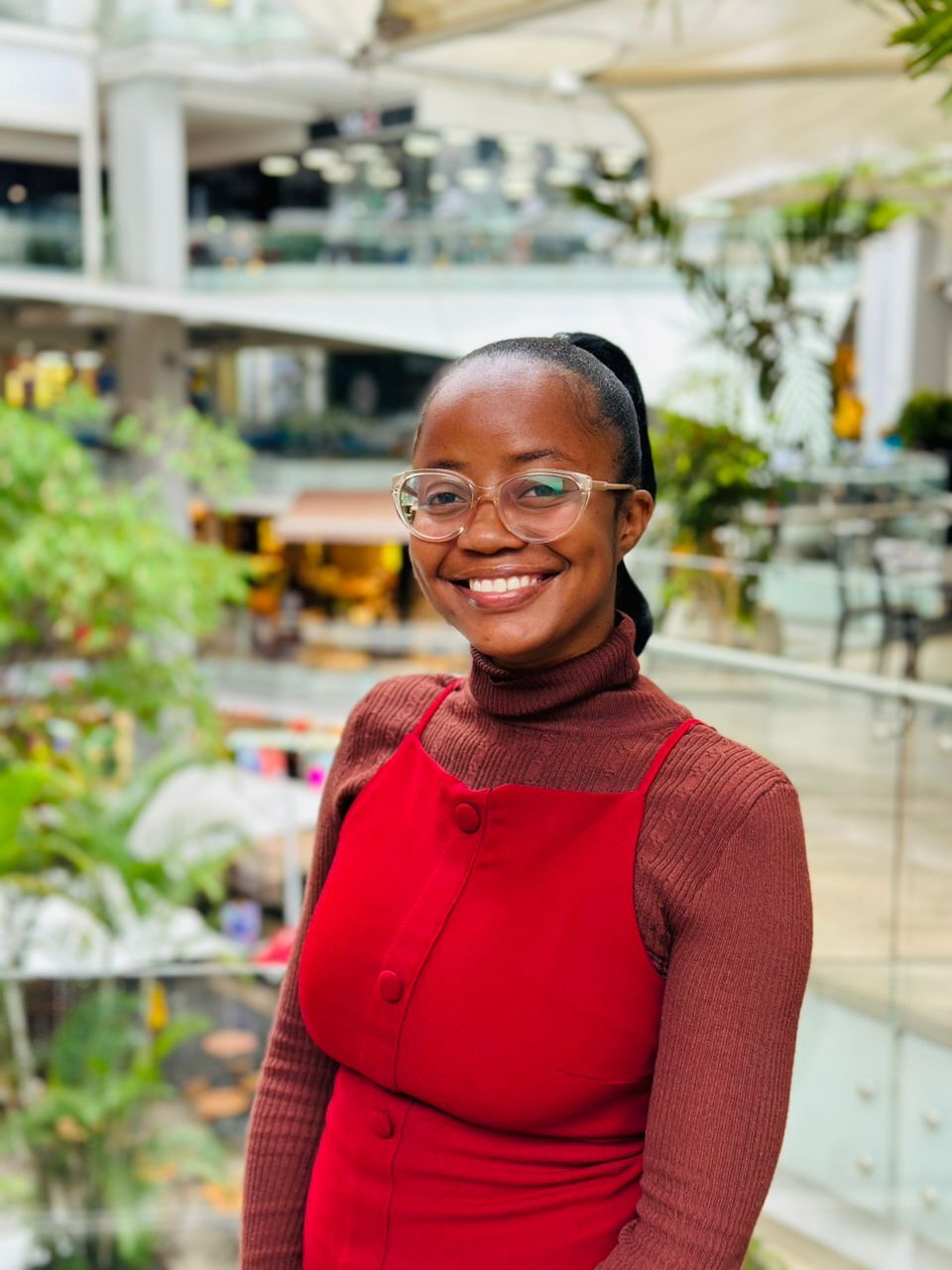
Domestic funding and advocacy
Dr Jacqueline Kisia-Nyale, from the Government of Kenya’s Ministry of Health said: “The best way to change norms is by raising awareness on how harmful certain practices are. I plan to customise the findings learned in the workshop and use the evidence for Kenya to write a policy brief, which will be used as an advocacy and domestic resource mobilisation tool by the government”.
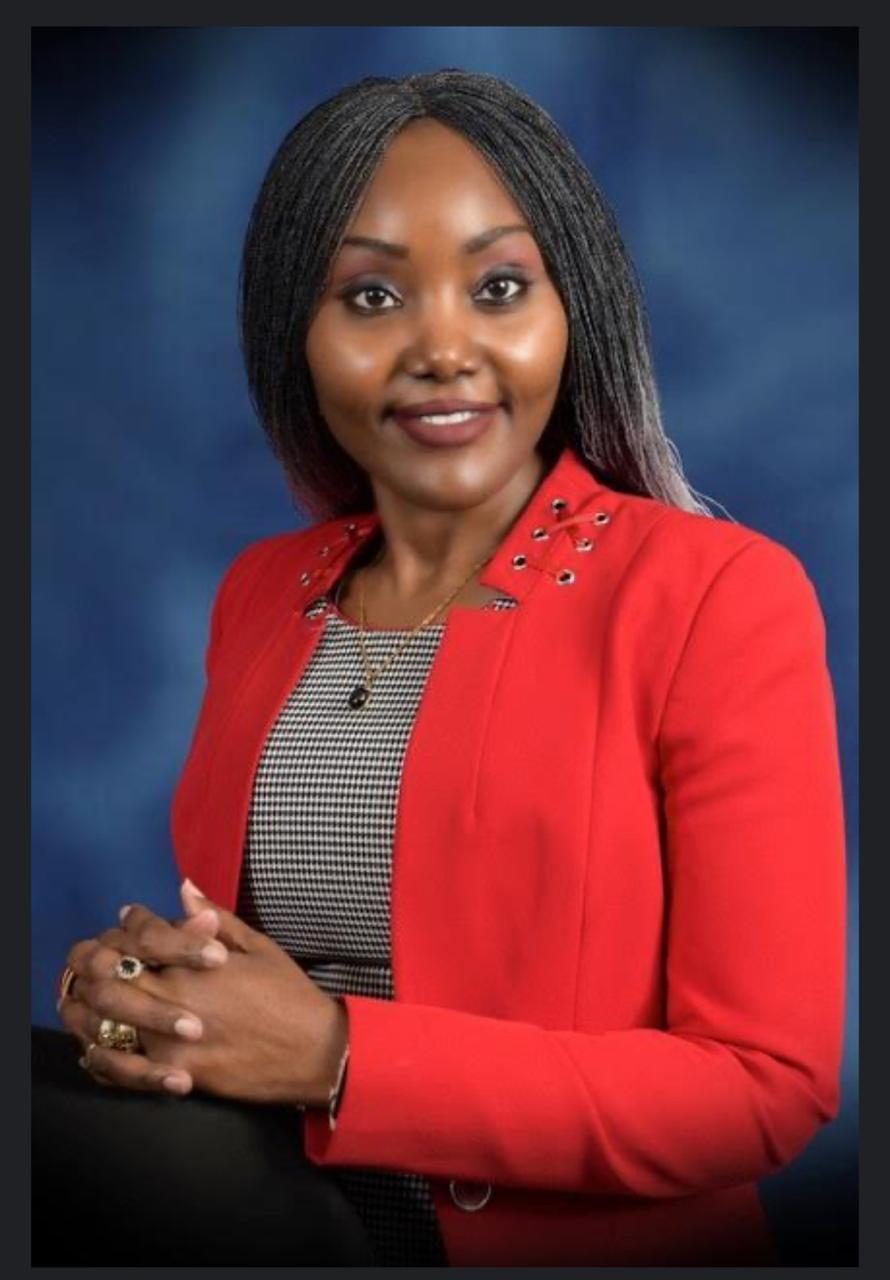
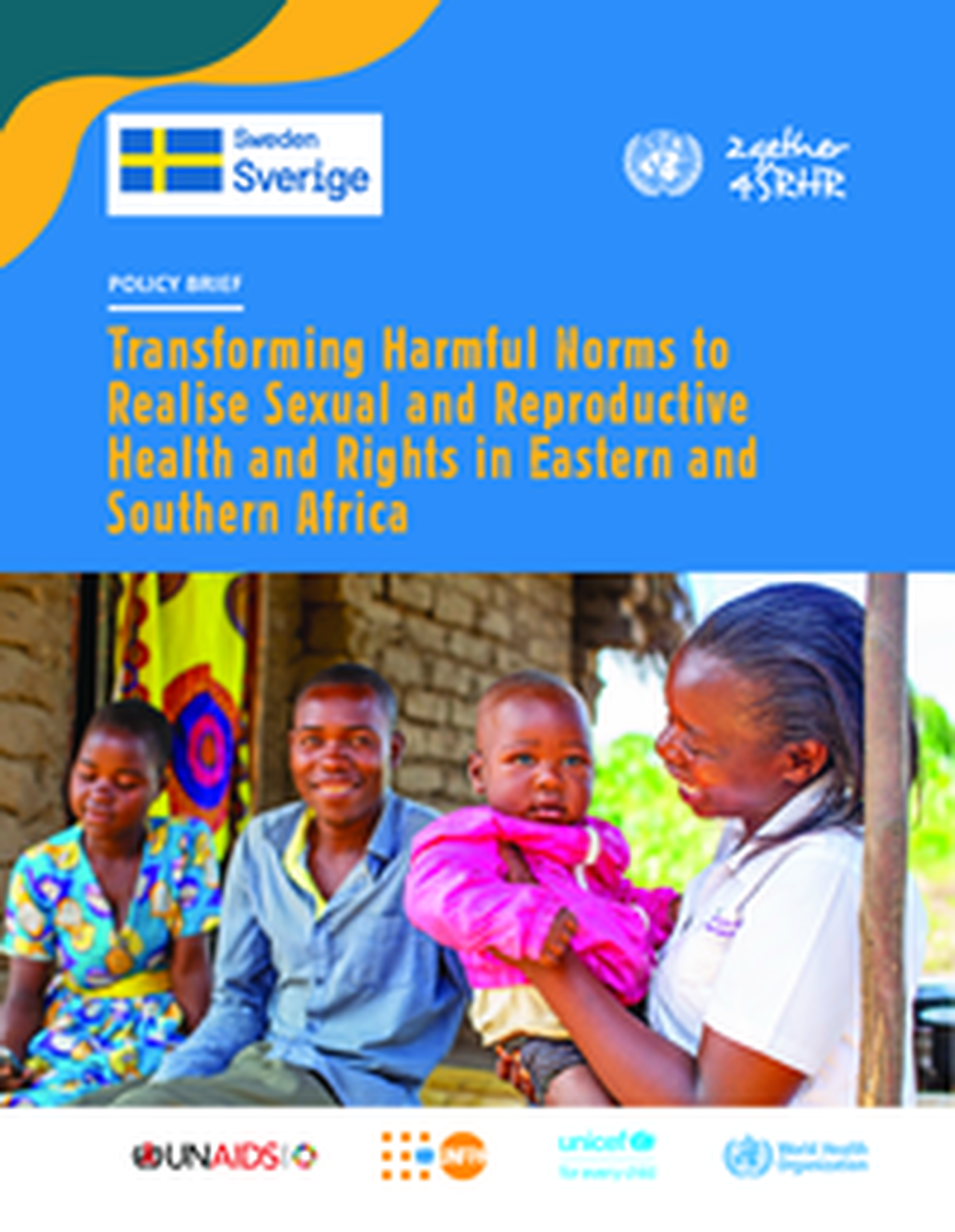
Policy Brief: Transforming Harmful Norms
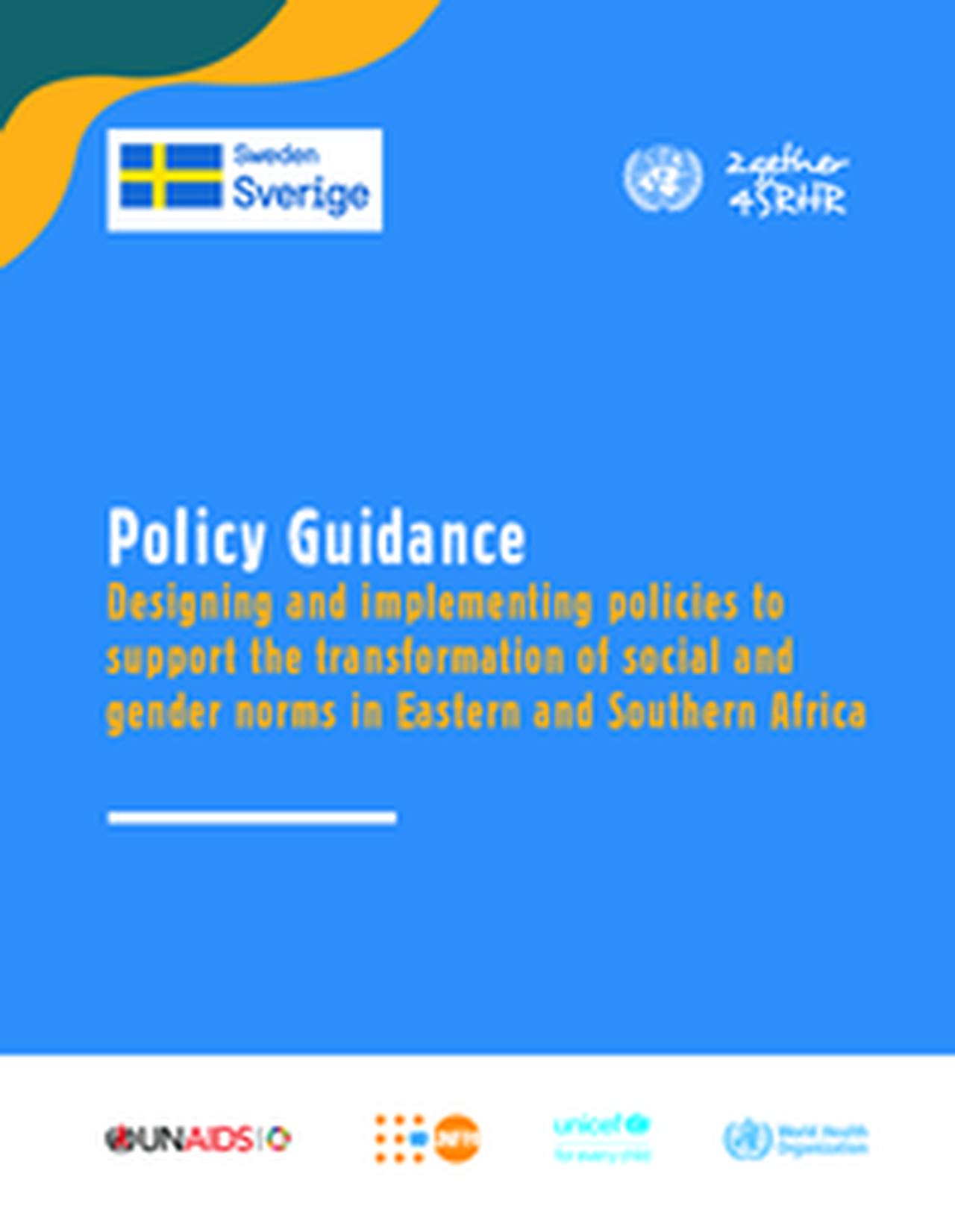
Policy Guidance on Gender Social Norms
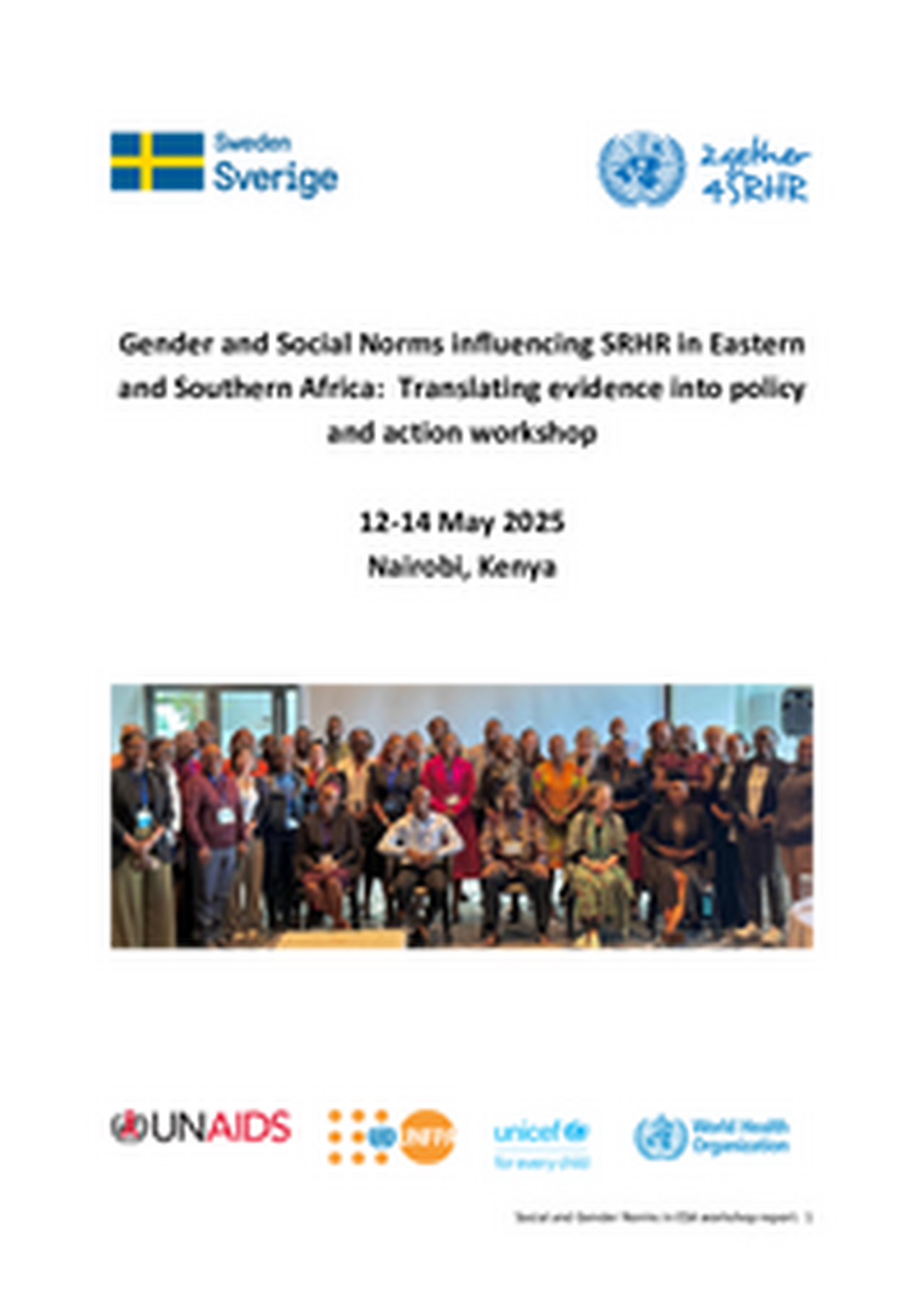
2gether 4 SRHR Workshop Report - Nairobi 2025
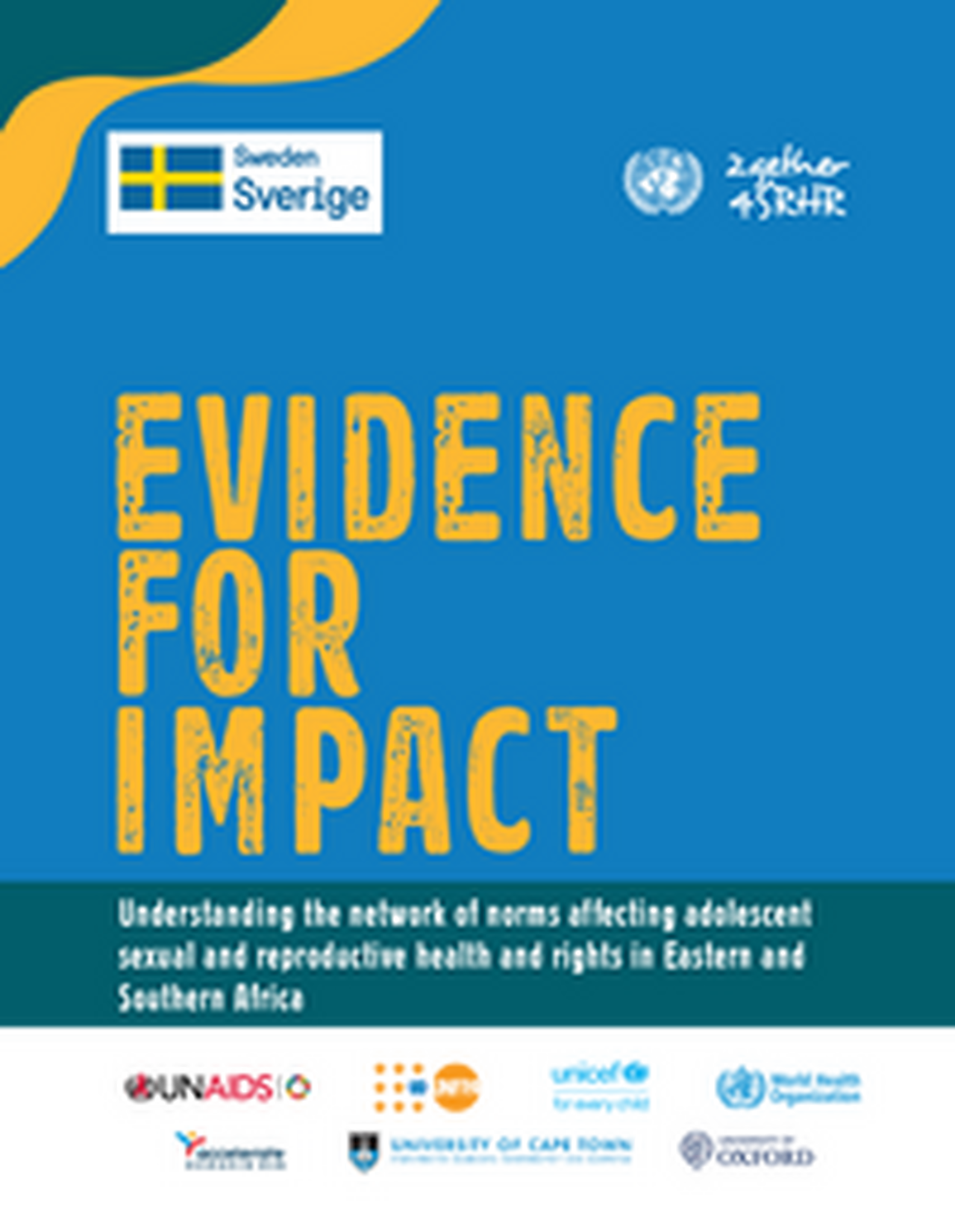
Network of Norms Research: Universities of Oxford and Cambridge
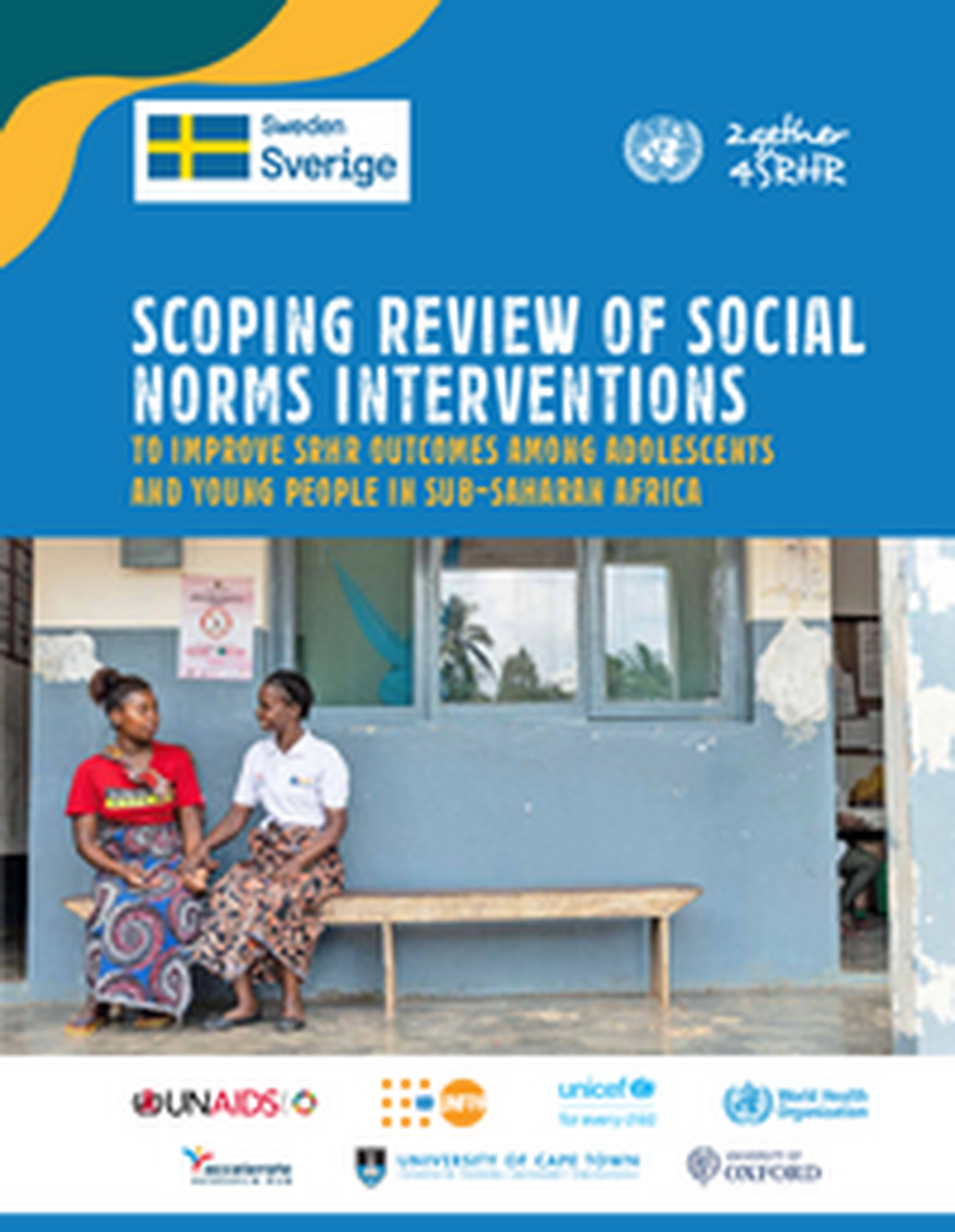
What Works Review
